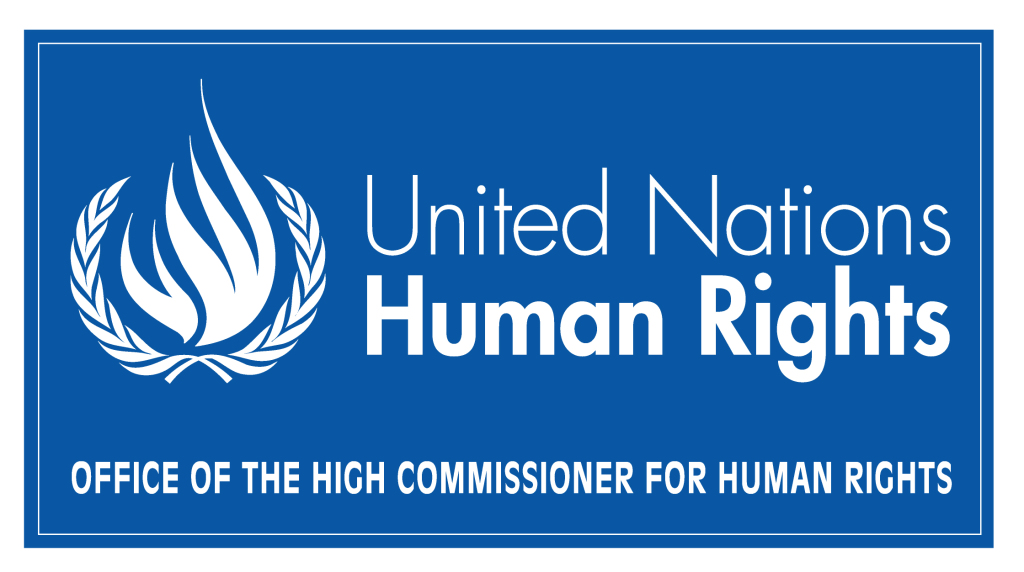On Friday 12 May 2017, the United Nations Committee Against Torture (CAT) published its concluding observations on Bahrain. This report found that torture remains “widespread” in Bahrain, where a “climate of impunity” protects the perpetrators.
Its findings include the following:
- There is “widespread torture” in Bahrain’s penal system. CAT has recorded “numerous and consistent allegations” of abuse and mistreatment throughout the judicial system.
- The mechanisms that are tasked with handling torture complaints in Bahrain are not independent from the Bahraini government. These bodies are “not effective” at bringing accountability to torturers, and few perpetrators are ever tried for their crimes.
- Judges in Bahrain continue to admit forced confessions as evidence in legal cases. While evidence extracted under torture is often used in Bahraini law courts, physical evidence that a detainee has been tortured is routinely ignored by judges. The sentencing of Abbas al-Samea, Sami Mushaima and Ali al-Singace was predicated on evidence extracted under torture. They were executed on 15 January 2017.
- Mohammad Ramadan and Hussein Moosa face death sentences based on their own forced confessions. Echoing BIRD’s submission to the Committee ahead of its 60th session in May 2017, CAT urges that Ramadan and Moosa’s allegations of torture should be investigated by an independent body, and they should be retried. In any case, their death sentences should be commuted and Bahrain should reinstate its de facto moratorium on the death penalty.
- CAT urgently calls for Nabeel Rajab, who is the President of the Bahrain Centre for Human Rights, to be released. Numerous human rights activists and journalists, including Nabeel Rajab, Abdulhadi Al-Khawaja, Naji Fateel, Abduljalil Al-Singace, Hussain Jawad and Abdulwahab Hussain, have been unlawfully deprived of their liberty and subjected to torture as a form of retribution for their work.
- Children also suffer torture and mistreatment in Bahrain. Approximately 200 minors were incarcerated in 2015, half of whom were detained adult facilities. As a consequence, NGOs received 10 complaints between January and June 2016 related to the torture or mistreatment of minors. CAT therefore urges that minors be detained only as a last resort.




